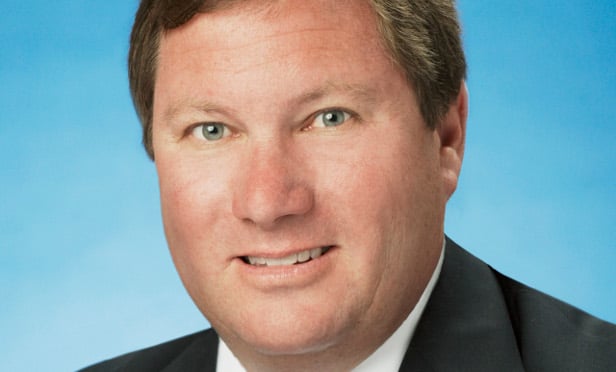SAN DIEGO—From student debt to destruction of property, many people have false beliefs about issues related to student housing,” Pierce Education Properties L.P.'s president and CEO Fred Pierce tells GlobeSt.com. Given his extensive experience in the student-housing sector and as the head of a successful on-campus-housing development and management company, we spoke exclusively with Pierce about the four most common misconceptions people have about student housing and what the truth is about this sector.
GlobeSt.com: Is it true that most students graduate with heavy “student debt,” as we've been told?
Pierce: It's true for some types of universities, but not true for the traditional university as most people know it. By way of example, at America's public universities, which are non-profit universities, approximately 50% of the students graduate with no debt, and the other half have an average balance of approximately $25,000. Where the debt load resides is largely with America's for-profit universities. It's also not at America's non-profit private universities. Those are also the ones people are also familiar with—not the Ivy League schools or religiously affiliated nonprofit schools, but highly concentrated in the for-profit universities. And at the for-profit private universities, compared to the non-profit universities, graduation rates are lower, as are the job-placement rates. So, students accumulate more debt with lower likelihood of getting the job they want.
Recommended For You
Want to continue reading?
Become a Free ALM Digital Reader.
Once you are an ALM Digital Member, you’ll receive:
- Breaking commercial real estate news and analysis, on-site and via our newsletters and custom alerts
- Educational webcasts, white papers, and ebooks from industry thought leaders
- Critical coverage of the property casualty insurance and financial advisory markets on our other ALM sites, PropertyCasualty360 and ThinkAdvisor
Already have an account? Sign In Now
*May exclude premium content© 2025 ALM Global, LLC, All Rights Reserved. Request academic re-use from www.copyright.com. All other uses, submit a request to [email protected]. For more information visit Asset & Logo Licensing.









